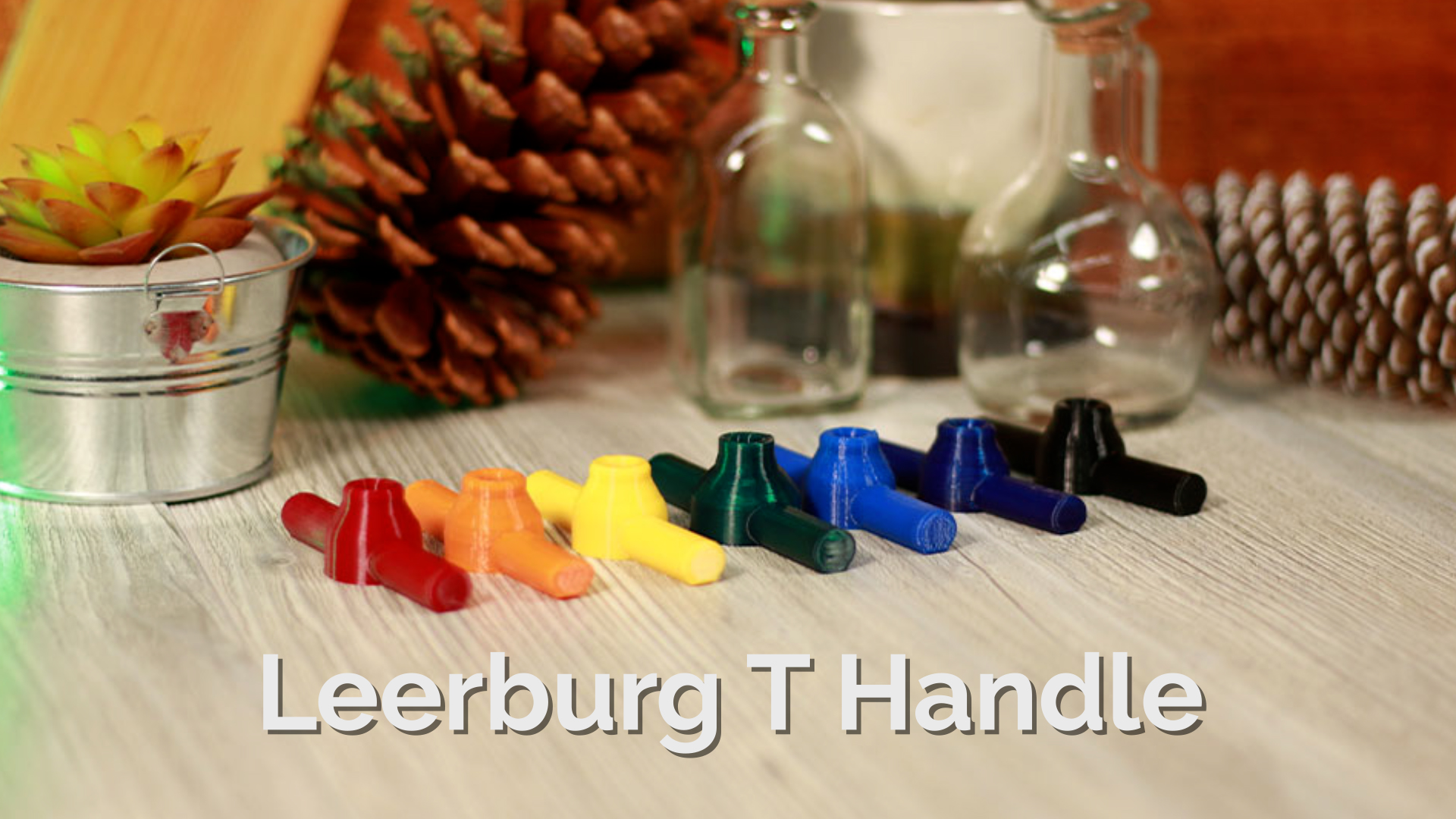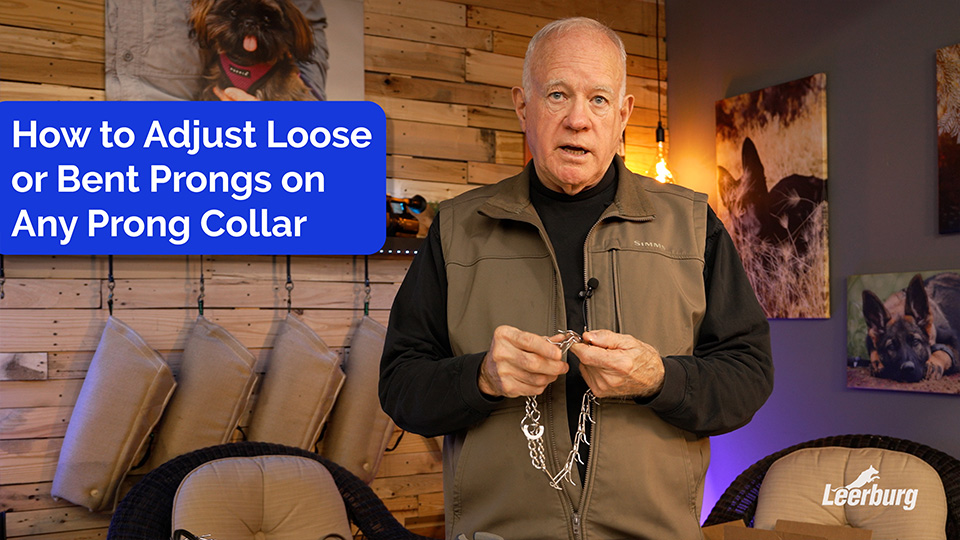Leerburg Dominant Dog Collar VS Knockoffs
Our dominant dog collars (DDC) were designed by Ed Frawley (the owner of Leerburg) back in the 1990s to control reactive dogs that display aggression towards: their handlers, other people, or other dogs. They offer a much better solution to aggression problems than a prong collar or a remote collar.
DDC collars have saved the lives of thousands of dogs over the past 25 years that otherwise would have been euthanized because dog owners did not have the right tool to solve a behavioral issues with their dog.
On the surface, they appear to be identical, and they do share many similar features. For example, they're both constructed from industrial-grade synthetic materials, making them a stronger alternative to natural fiber ropes. Additionally, both materials are resistant to UV rays, abrasion, and rot.
But there are some key differences between the two, which make them either more suitable or less suitable for certain jobs.
The 3 differences between nylon and polypropylene
Flexibility
Nylon has a high level of flexibility. When necessary, it's possible to stretch nylon rope by up to 20% without affecting its strength - and it will simply return to its original size afterwards. This makes it particularly good when you need the rope to be more shock absorbent, such as towing or mooring.This is not a feature we want with slip leads or dominant dog collars.
Absorbency
Both nylon and polypropylene sink in water. However, they differ greatly in terms of their absorbency.
Although nylon rope is normally very strong it absorbs liquid quickly and easily, and this compromises its strength significantly. The fibers become waterlogged and start to sag. They also take a long time to dry. Therefore, nylon isn't the best option for wet conditions.
Polypropylene ropes, on the other hand, do not absorb water. They retain their normal level of strength when they're wet and, as a result, they are a better choice for dog training applications.
Temperature resistance
Another important difference between nylon and polypropylene is their resistance to heat. Nylon rope cannot withstand heat as well as polypropylene. Polypropylene is typically a better choice for working in higher temperatures.












